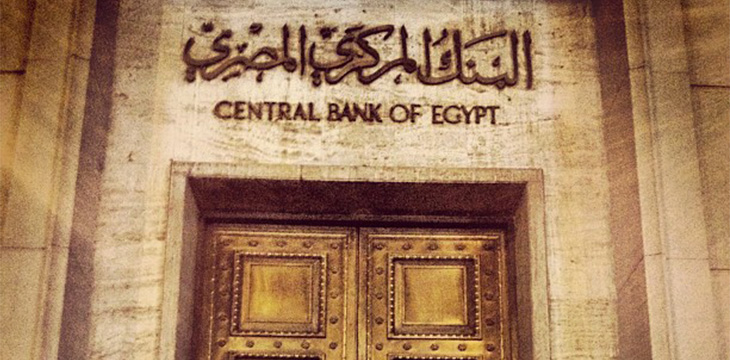|
Getting your Trinity Audio player ready...
|
With cryptocurrencies becoming increasingly popular with investors and financial institutions alike, governments are scrambling to regulate the activity to safeguard their citizens.
This appears to be the case in Egypt, where it was announced on Tuesday that the Central Bank of Egypt (CBE) would institute new banking laws that would ban any company from creating, promoting, or operating any platform where issuing or trading digital currencies would occur unless they received the necessary licenses from the government.
The law has not officially passed, but the draft of the legislation gives the CBE Board of Directors the ability to govern all regulations and transactions related to these types of currencies, including determining who would be authorized to perform these kinds of transactions.
This new draft appears to be in line with the number of new laws that are being created in an attempt to keep pace with the ever-evolving financial technologies sweeping across the financial sector. It gives the CBE greater authority to provide for legal authority for electronic authentication of these kinds of crypto transactions, to include payments, orders, and transfers.
In essence, the new laws would give the CBE much of the same authority they are authorized to use in relation to fiat currencies. This is an attempt to help facilitate greater protection for financial institutions and users by ensuring that companies have the legal authority to conduct cryptocurrency transactions within the country.
They aren’t the only country taking a proactive approach to regulating crypto trading. In July of last year, the Philippines made available 25 crypto licenses for companies involved in the Cagayan Special Economic Zone, where 10 crypto startup companies are currently located. The licensure fee was set at $100,000 and required companies to invest $1 million over a two-year period of time.
In October, Gibraltar offered their first crypto exchange licensure, this to Coinfloor. This licensure would allow Coinfloor to be regulated as a distributed ledger technology.
This last January, Thailand began offering licenses for crypto exchanges. This came as part of an announcement from the country’s Securities and Exchange Commission, which granted four licenses to companies looking to operate exchanges within the country.
With an ever-growing number of scammers attempting to defraud users of their crypto assets, this action by the government of Egypt would ensure that those who are claiming to be businesses that can facilitate these kinds of transactions are actually legitimate.
The new draft bill is still working its way through the Egyptian legal process. No definitive date has been set as to when the law will likely be passed or enacted.

 03-03-2026
03-03-2026 




